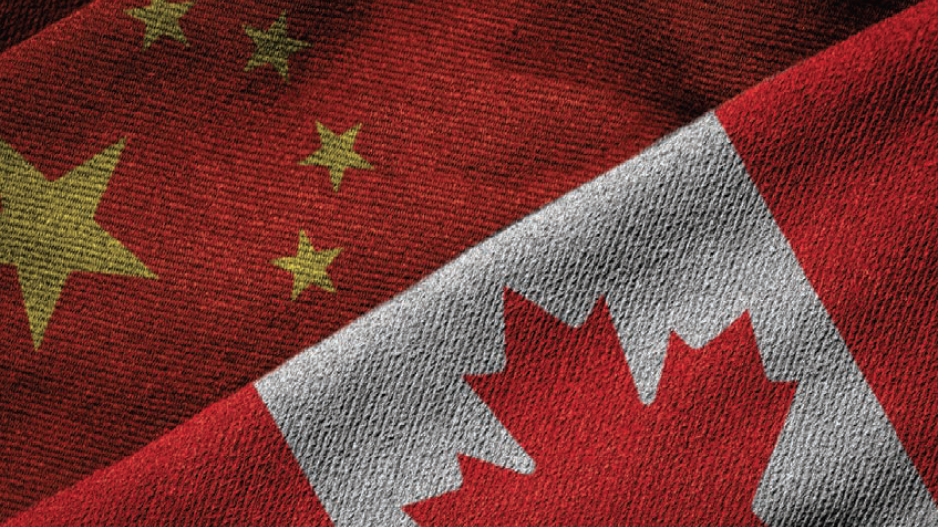In light of B.C. officials cancelling a planned forestry trade mission to China, some observers are now calling for private sector firms to keep executives in the Chinese market – despite increasingly hostile conditions after the Vancouver arrest of Huawei Technologies CFO Meng Wanzhou.
Some reports have said Ottawa may be considering a change to existing travel advisories to China, but in a conference call with reporters, Canadian foreign affairs Minister Chrystia Freeland said the current advisory – last changed on November 23, before Meng’s arrest – remains valid.
“Our travel advisory is clear and specific,” Freeland said. “And it states Canadians should exercise a high degree of caution in China. That has been the advice for some time; that’s the advice Canadians should heed. It’s obviously the decision of every Canadian to choose whether to travel to China or not.”
The current travel advisory describes the risk as “identifiable safety and security concerns or the safety and security situation could change with little notice” but falls short of the level of an official advisory – which happens when “the safety and security of Canadians travelling or living in the country may be compromised.”
B.C. Forestry and Rural Development Minister Doug Donaldson this week cancelled the last leg of an official trade mission to China, although he added that private-sector delegates will continue on the same trip in visiting the Chinese market. Provincial ministers and officials, however, returned to B.C. Dec. 11 after visiting South Korea and Japan.
Donaldson said the plans were changed because “a government minister joining the group of business people would add a different dynamic” to the meetings in China.
Meng is currently out on $10 million bail and in de-facto house arrest at her family’s Vancouver home on West 28th Avenue. China has already warned Canada of “grave consequences” for the arrest. Beijing has since arrested former Canadian diplomat Michael Kovrig for “activities harming Chinese national security,” a move that many observers see as retribution for Meng’s arrest, although Canadian officials have said they see no obvious connections.
Hugh Stephens, principal of cross-culture business consultancy Trans-Pacific Connections and distinguished fellow at the Asia Pacific Foundation of Canada, said despite the perceived potential safety risks for Canadian business officials and visitors in China, those officials need to stay put to maintain private-sector links to the Chinese market – especially at a time where government relations are strained.
“I think we should keep the issues separate,” Stephens said. “It’s hard to predict, but my thinking is that in terms of tit-for-tat, we’ve seen the high watermark now…. I know Ottawa is thinking about issuing a travel warning, but China isn’t going to be seizing business executives. I wouldn’t hesitate to go to China tomorrow, and I think tourists should continue to go.”
But the Meng case has undoubtedly affected B.C.’s trade prospects in China, Stephens added, as the forestry mission announcement has shown.
“This is not good news for B.C., clearly,” he said, adding that how the relationship progresses next year may also be entirely out of B.C. and Canada’s hands. “During the softwood lumber dispute, the Chinese market has been helpful in that regard… A lot of this is going to depend on whether the U.S.-China relationship normalizes or not, and I think under the Trump White House, this is going to escalate.




